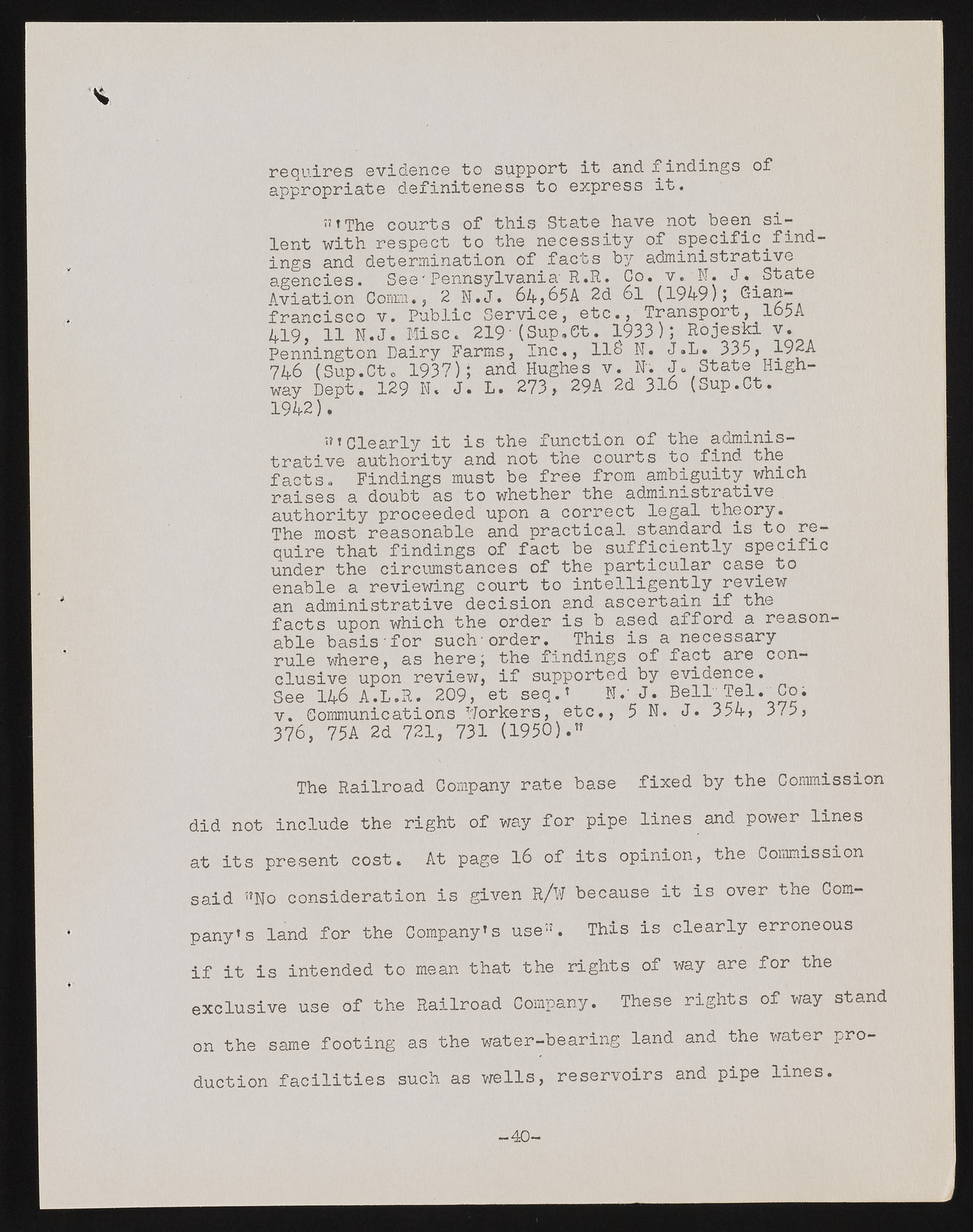Copyright & Fair-use Agreement
UNLV Special Collections provides copies of materials to facilitate private study, scholarship, or research. Material not in the public domain may be used according to fair use of copyrighted materials as defined by copyright law. Please cite us.
Please note that UNLV may not own the copyright to these materials and cannot provide permission to publish or distribute materials when UNLV is not the copyright holder. The user is solely responsible for determining the copyright status of materials and obtaining permission to use material from the copyright holder and for determining whether any permissions relating to any other rights are necessary for the intended use, and for obtaining all required permissions beyond that allowed by fair use.
Read more about our reproduction and use policy.
I agree.Information
Digital ID
Permalink
Details
Member of
More Info
Rights
Digital Provenance
Publisher
Transcription
* requires evidence to support it and findings of appropriate definiteness to express it. I!»The courts of this State have not been silent with respect to the necessity of specific^findings and determination of facts by administrative agencies. See' Pennsylvania' R.R. Co. v. N. J.^ State Aviation Comm., 2 N.J. 64,65A 2d 6l_(1949)j Gian- francisco v. 419, 11 N.J. Public*Service, etc., Transport, 165A Misc. 219'(Sup, Pennington Dairy Farms, Inc 746 (Sup.Cto 1937); way Dept. 129 N» J• ’). • j et. 1933); 118 N. J, and Hughes v. N'. J L. 273, 29A 2d 316 Rojeski v. L. 335, 192A State High- (Sup.Ct. 194* s” Clearly it is the function of the administrative authority and not the courts to find the facts. Findings must be free from ambiguity which raises a doubt as to whether the administrative authority proceeded upon a correct legal theory. The most reasonable and practical standard is to require that findings of fact be sufficiently specific under the circumstances of the particular case to enable a reviewing court to intelligently^review an administrative decision and ascertain if the facts upon which the order is b ased afford a reasonable basis'for such'order. This is a necessary rule where, as here; the findings of fact are conclusive upon review, if supported by evidence. See 146 A.L.R. 209, et seq.’ N.1 J. Bell_Tel. Go; v. Communications Workers, etc., 5 N. J. 354, 3/5, 376, 75A 2d 721, 731 (1950).” The Railroad Company rate base fixed by the Commission did not include the right of way for pipe lines and power lines at its present cost. At page 16 of its opinion, the Commission said !’No consideration is given R/W because it is over the Company’s land for the Company’s use”. This is clearly erroneous if it is intended to mean that the rights of way are for the exclusive use of the Railroad Company. These rights of way stand on the same footing as the water-bearing land and the water production facilities such as wells, reservoirs and pipe lines. -40-

